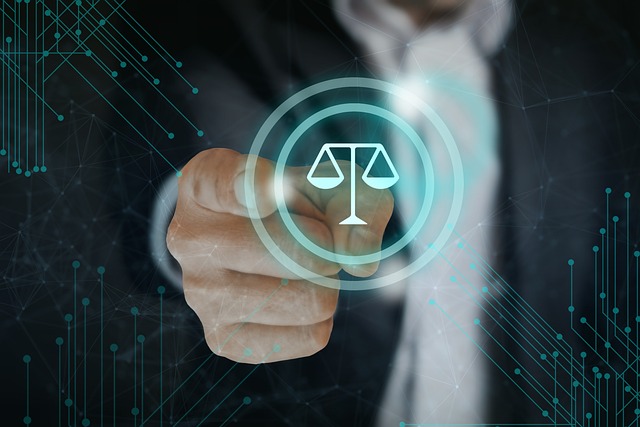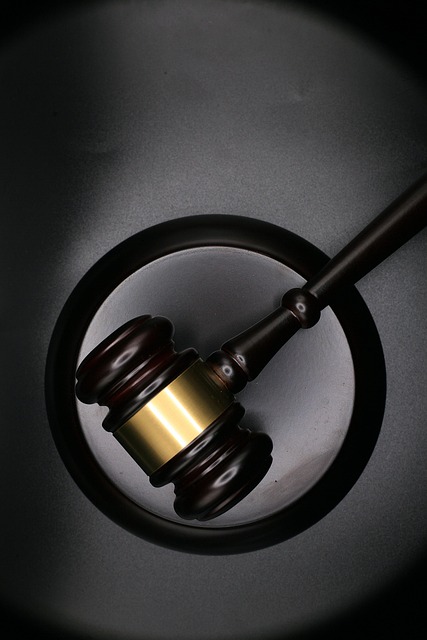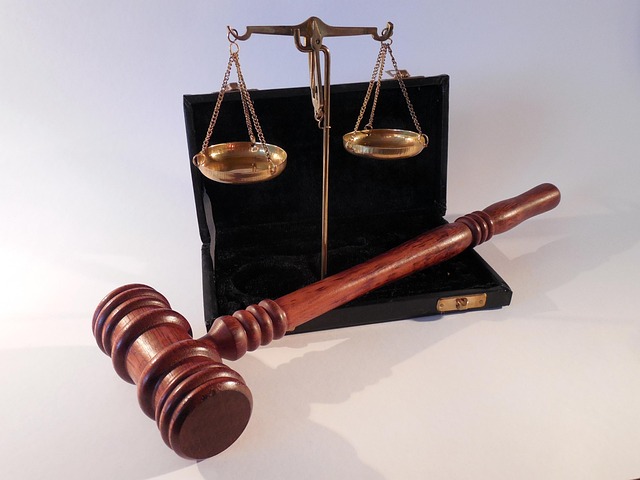Class action lawsuits empower individuals to collectively hold accountable wrongdoers. To file a claim, individuals must meet eligibility criteria and understand evidence gathering, harm identification, and legal representation. Key steps include identifying the appropriate court, drafting a comprehensive complaint, submitting copies and fees, and maintaining meticulous records for high-stakes cases. Specialized attorneys are crucial for complex charges or class action claims.
“Uncover the power of collective action through a comprehensive guide on criminal law enforcement’s lesser-explored frontier: class action lawsuits. This article equips you with invaluable insights, from grasping the fundamentals and eligibility criteria to strategic evidence gathering and choosing the ideal legal counsel.
Learn the step-by-step process of filing a class action lawsuit claim, ensuring your rights are protected. Discover how this legal strategy can hold wrongdoers accountable and bring about justice for harmed individuals, potentially transforming lives and communities.”
- Understanding Class Action Lawsuits: Basics and Eligibility
- Gathering Evidence and Identifying Harm
- Choosing the Right Legal Team for Your Case
- Navigating the Filing Process Step-by-Step
Understanding Class Action Lawsuits: Basics and Eligibility

Class action lawsuits are a powerful tool for justice when individuals come together to hold wrongdoers accountable. Unlike individual suits, these legal actions allow a single representative plaintiff to file on behalf of a larger group, known as the class. This collective approach can be particularly effective in cases involving consumer protection, environmental harm, or discrimination, where many people may have suffered similar injuries.
To File a Class Action Lawsuit Claim, individuals must meet specific eligibility criteria. Generally, they must belong to the affected ‘class’ and have suffered damages as a result of the defendant’s actions. The philanthropic and political communities across the country recognize the value of these lawsuits in promoting fairness and accountability. A successful class action can result in substantial monetary compensation for victims, as well as significant changes to business practices, ensuring that wrongs are righted and similar harms are prevented in the future.
Gathering Evidence and Identifying Harm

In criminal law enforcement, gathering evidence is a meticulous process that forms the backbone of any successful prosecution. When considering how to file a class action lawsuit claim, understanding this aspect is crucial. It involves a systematic approach to collect and preserve relevant information, including physical evidence, witness testimonies, and digital data, all while adhering to strict legal protocols. The goal is to build a robust case that can lead to the complete dismissal of all charges against both corporate and individual clients accused of white-collar and economic crimes.
Identifying harm is another critical step in this process. Law enforcement agencies must carefully analyze the impact of alleged criminal activities on individuals, businesses, and society at large. This involves assessing financial losses, reputational damage, and any other form of detriment suffered by victims. By pinpointing these harms, authorities can tailor their investigations to address the most significant issues, ensuring that legal actions taken are proportionate and effective in combating complex economic crimes.
Choosing the Right Legal Team for Your Case
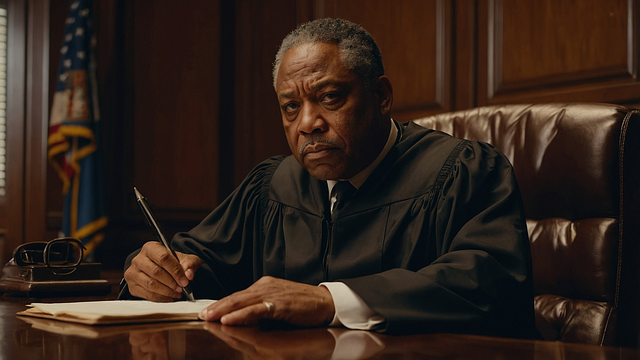
When navigating criminal law enforcement and its potential consequences, selecting the appropriate legal representation is a critical step in your defense strategy. The process involves understanding your case’s unique intricacies and finding attorneys who specialize in the relevant areas of criminal law. A skilled legal team can significantly impact the outcome of your case, especially when facing complex charges or considering a class-action lawsuit claim.
For instance, if you’re accused of a crime and aiming to avoid indictment or secure the complete dismissal of all charges, retaining experienced criminal defense lawyers is essential. These professionals will guide you through the legal system, ensuring your rights are protected. They can provide strategic advice, gather evidence to support your defense, and represent you in court. When contemplating a class-action lawsuit claim, choosing attorneys with expertise in that specific area ensures your case receives the necessary attention and advocacy.
Navigating the Filing Process Step-by-Step
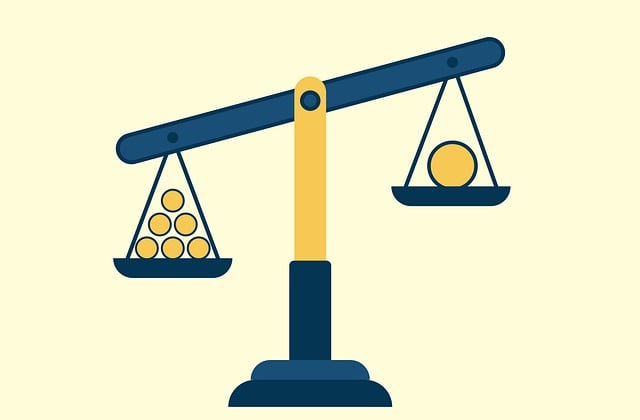
Navigating the process of filing a Class Action Lawsuit Claim can seem daunting, but understanding each step is key to success. It begins with identifying the appropriate court and jurisdiction for your case. This involves researching relevant laws and regulations specific to your state or region, ensuring you meet all initial requirements set forth by legal authorities. Next, thoroughly draft your complaint, outlining the facts of the case, legal arguments, and the relief sought. Detail each party involved, including plaintiffs and defendants, providing clear explanations for their roles in the alleged misconduct.
Once your complaint is finalized, it’s time to file formally. This process typically requires submitting numerous copies, along with any required fees, to the designated court clerk. It’s crucial to maintain meticulous records of all filings, as these become essential documents throughout the legal proceedings. Remember, successful outcomes in high-stakes cases, including those involving philanthropic and political communities, often hinge on a well-structured filing process. By meticulously navigating each step, you position yourself for winning challenging defense verdicts.
Understanding how to file a class action lawsuit claim is crucial for those seeking collective redress for harm caused by criminal law enforcement practices. By familiarizing yourself with the basics, gathering compelling evidence, and selecting an experienced legal team, you can effectively navigate the filing process. Remember, each step, from defining eligibility to meticulously documenting harm, is integral to building a strong case. With the right approach, individuals affected by unjust police actions can join forces and demand justice through this powerful legal mechanism.




